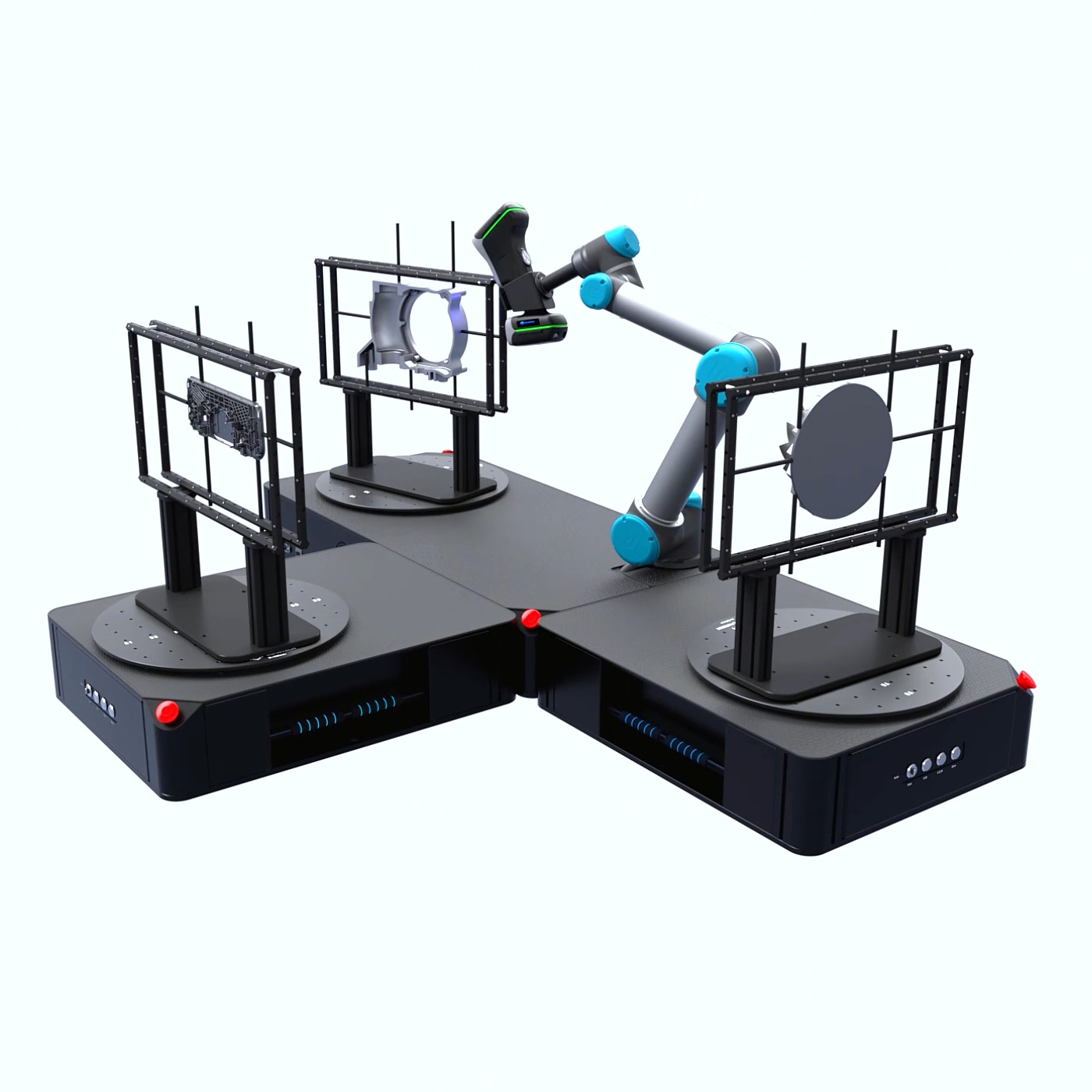In the complex world of business insurance, two terms frequently arise: workers' compensation insurance and general liability insurance. While both are essential components of a comprehensive risk management strategy, they serve distinct purposes and cover different types of risks. Understanding the nuances between these two types of insurance is crucial for business owners, as it can significantly impact their financial stability and legal compliance. In this article, we will delve into the key differences between workers' compensation and general liability insurance, exploring their coverage, benefits, and implications for businesses.
Understanding Workers' Compensation Insurance
Workers' compensation insurance is designed to provide financial protection for employees who suffer work-related injuries or illnesses. This type of insurance is mandated by law in most states, ensuring that employees receive medical benefits and wage replacement if they are injured on the job. Here are some critical aspects of workers' compensation insurance:
- Coverage Scope: Workers' compensation covers medical expenses, rehabilitation costs, and lost wages for employees who are injured while performing their job duties. It also provides benefits to the dependents of employees who may die as a result of a work-related incident.
- Employer Protection: By providing workers' compensation insurance, employers are generally protected from lawsuits related to workplace injuries. In exchange for these benefits, employees typically relinquish their right to sue their employer for negligence, creating a no-fault system that simplifies claims.
- State Regulations: The specifics of workers' compensation insurance can vary significantly from state to state, including coverage limits, premium rates, and eligibility requirements. Business owners must familiarize themselves with their state's regulations to ensure compliance.
Understanding General Liability Insurance
General liability insurance, on the other hand, protects businesses from claims arising from third-party injuries, property damage, and advertising mistakes. It is not legally required but is highly recommended for businesses of all sizes. Here are the key features of general liability insurance:
- Coverage Scope: General liability insurance covers a wide range of incidents, including bodily injury to non-employees, property damage caused by the business, and personal injury claims such as defamation or copyright infringement. This broad coverage helps protect businesses from the financial fallout of lawsuits.
- Legal Defense Costs: One of the significant advantages of general liability insurance is that it covers legal defense costs associated with claims, even if the allegations are unfounded. This can be crucial for small businesses that may not have the financial resources to handle legal battles.
- Business Operations: General liability insurance is essential for businesses that interact with clients, customers, or the public. It provides peace of mind, allowing business owners to focus on their operations without the constant worry of potential lawsuits.
Key Differences Between Workers' Compensation and General Liability Insurance
While both workers' compensation and general liability insurance are vital for protecting businesses, they differ in several fundamental ways:
- Who is Covered: Workers' compensation insurance specifically covers employees, while general liability insurance protects against claims made by third parties, including customers, vendors, and the general public.
- Type of Claims: Workers' compensation addresses workplace injuries and illnesses, whereas general liability insurance covers a broader range of incidents, including accidents that occur on business premises or as a result of business operations.
- Legal Requirements: Workers' compensation insurance is often mandated by state law, making it a legal requirement for most employers. In contrast, general liability insurance is not legally required but is highly recommended for businesses to mitigate risk.
- Claims Process: The claims process for workers' compensation is typically more straightforward, as it operates within a no-fault system. General liability claims may involve more complex legal proceedings, especially if they lead to lawsuits.
Conclusion: Choosing the Right Coverage for Your Business
In conclusion, understanding the differences between workers' compensation and general liability insurance is crucial for business owners looking to protect their assets and comply with legal requirements. While workers' compensation focuses on employee protection in the event of workplace injuries, general liability insurance safeguards against a broader spectrum of risks associated with third-party claims.






